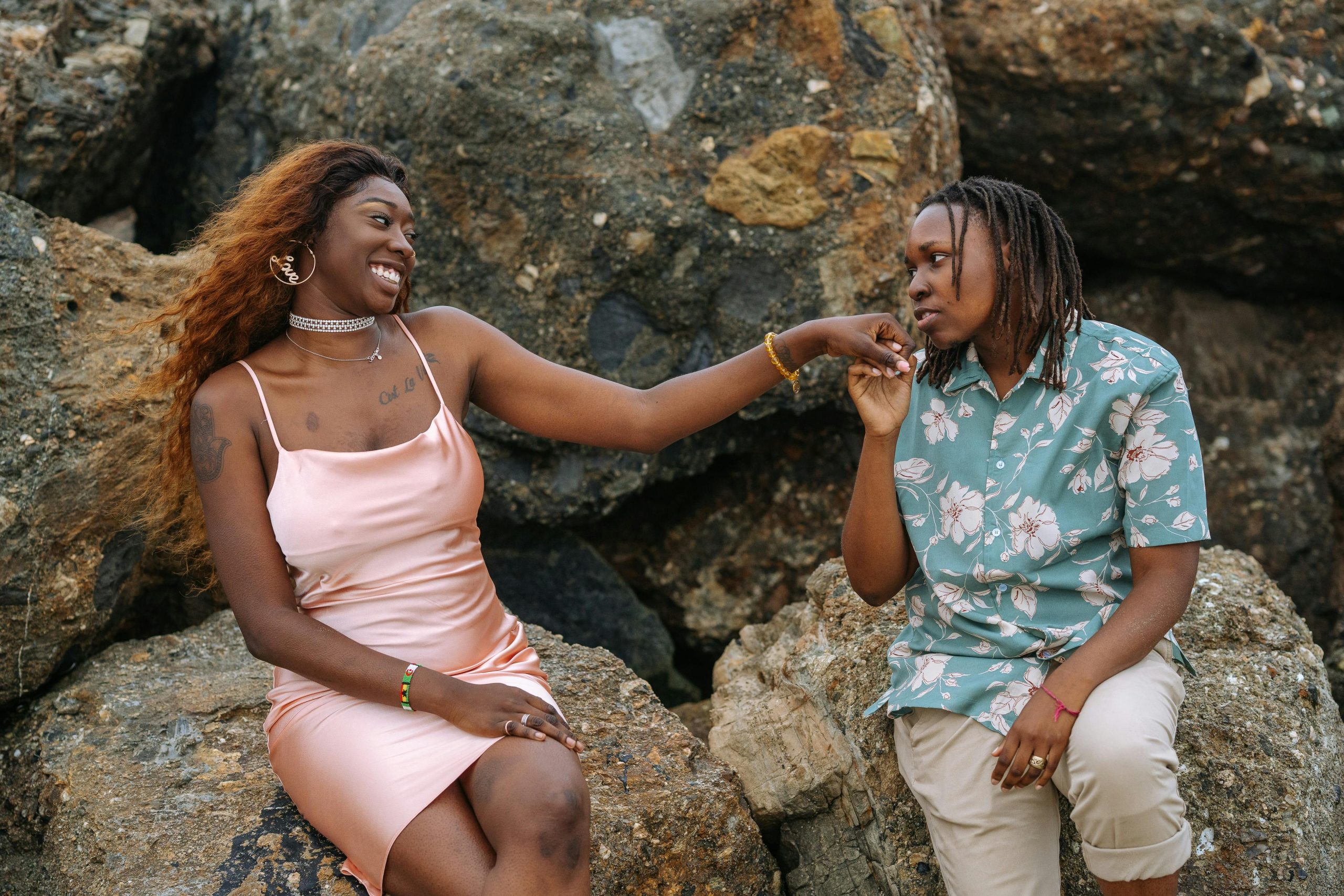Childhood Trauma and Relationship Dynamics
 Childhood trauma, a deeply distressing experience that occurs during childhood, can have a profound and lasting impact on an individual’s life. One area where this impact is particularly evident is in adult relationships. The ways in which childhood trauma shapes our perceptions, behaviors, and emotional responses can significantly influence how we connect with others.
Childhood trauma, a deeply distressing experience that occurs during childhood, can have a profound and lasting impact on an individual’s life. One area where this impact is particularly evident is in adult relationships. The ways in which childhood trauma shapes our perceptions, behaviors, and emotional responses can significantly influence how we connect with others.
Understanding Childhood Trauma
Childhood trauma can take many forms, including:
- Abuse: Physical, emotional, sexual, or psychological abuse
- Neglect: Emotional, physical, or educational neglect
- Witnessing violence: Observing domestic violence or community violence
- Natural disasters: Experiencing a traumatic event such as a hurricane, earthquake, or fire
The Impact of Childhood Trauma on Relationships
Individuals who have experienced childhood trauma may struggle with a range of issues in their adult relationships, including:
- Difficulty forming trusting relationships: Trauma can make it difficult to trust others, leading to avoidance or fear of intimacy.
- Unhealthy attachment styles: Individuals who have experienced trauma may develop insecure attachment styles, such as anxious or avoidant, which can impact their relationships.
- Emotional dysregulation: Trauma can lead to difficulty managing emotions, making it challenging to navigate the ups and downs of relationships.
- Re-enacting trauma: Individuals may unconsciously re-enact traumatic experiences in their relationships, leading to patterns of abuse or neglect.
- Substance abuse: As a coping mechanism, individuals who have experienced trauma may turn to substance abuse, which can further complicate their relationships.

Healing and Recovery
While the effects of childhood trauma can be significant, it is important to remember that healing and recovery are possible. Therapy can be a valuable tool for understanding the impact of trauma and developing healthy coping mechanisms. Additionally, support groups and peer counseling can provide a sense of community and understanding.
Building Healthy Relationships
Building healthy relationships requires self-awareness, emotional regulation, and effective communication skills. Individuals who have experienced trauma may need to work on these areas to improve their relationship dynamics. It can also be helpful to seek support from a therapist or counselor who specializes in trauma recovery.
By understanding the impact of childhood trauma on relationship dynamics, individuals can gain valuable insights into their own experiences and take steps towards healing and building healthier connections.
It is important to remember that healing takes time, and there is no one-size-fits-all approach. With patience, self-compassion, and support, individuals can overcome the challenges of childhood trauma and create fulfilling relationships.


